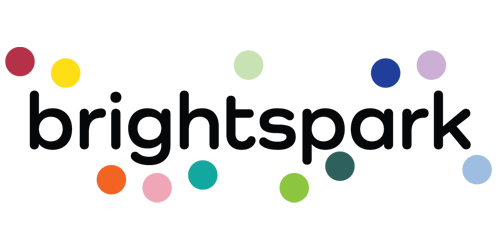
Brightspark a nonprofit offers two distinct services. For families, they help find high-quality childcare that fits their needs. For ambitious professionals, they provide an exclusive online community for networking and collaboration.
COMPANY LINKS
TAGS
Updated 1 year ago
How woke is Brightspark?
Introduction
Founded in 1990, BrightSpark works with families, child care providers, community organizations and advocacy groups in order to improve the quality of early childhood care in both King and Pierce countries. Brightspark proudly showcases its commitment to inclusivity, diversity, and progressive values.
In this review, we’ll dive into their financial contributions, DEI policies, mandatory training, support for LGBTQ+ initiatives, marketing strategies, and stance on traditional family structures. Let’s see if Brightspark aligns with the woke agenda and what that means for us.
Financial Contributions to Progressive Causes
Brightspark is financially backing various progressive initiatives as they’ve partnered with and donated to organizations advocating for early childhood education and social justice. Their partnership with Child Care Resources of King and Pierce Counties reflect their dedication to equitable access to child care services, advocating for social justice in early childhood education.”
Their 2024 legislative overview highlights their active role in legislative advocacy, showing their commitment to influencing policies in line with progressive values.
Prioritization of DEI Policies
Brightspark is all about Diversity, Equity, and Inclusion (DEI) as their advocacy for an inclusive early childhood education environment underscores their commitment to these policies. This commitment is seen on their website and LinkedIn posts which frequently showcase their push for inclusive early childhood education environments.
They seem to prioritize DEI over traditional merit-based practices, which means hiring quotas to ensure diverse representation. This trend is gaining momentum, but it raises questions about balancing diversity with meritocracy.
Mandatory Training Sessions
There is no information on Brightsparks training sessions on topics like unconscious bias and critical race theory for employees. Either these trainings do not exist or they are not made public.
Support for LGBTQ+ Initiatives
By offering resources and training to ensure a welcoming environment for LGBTQIA+ individuals, Brightspark goes all out in supporting LGBTQ+ initiatives. These efforts to foster a positive and inclusive atmosphere are seen through the hosted events and programs specifically designed to support LGBTQ+ children and families.
Marketing and Branding
Following the statement, “Our branding reflects our dedication to social justice and climate change activism, highlighting our commitment to progressive values” by Brightspark, it is obvious that their marketing strategy is steeped in messages of social justice and climate change activism.
Their branding strongly promotes progressive values, often highlighting their dedication to DEI and LGBTQ+ support. While this approach may resonate with some consumers it could alienate those who prefer a more neutral stance on social and political issues.
Conclusion
Brightspark is undeniably a brand deeply embedded in the woke agenda, with its strong focus on DEI policies, support for LGBTQ+ initiatives, and advocacy for progressive causes. While these efforts may resonate with progressive audiences, they also raise concerns about overshadowing meritocratic principles, open dialogue, and traditional family values.
This review aims to provide a balanced perspective, highlighting both the progressive initiatives and potential concerns associated with Brightsparks policies and practices, both of which should be considered by consumers and stakeholders when engaging with Brightspark.
Our rating is based
